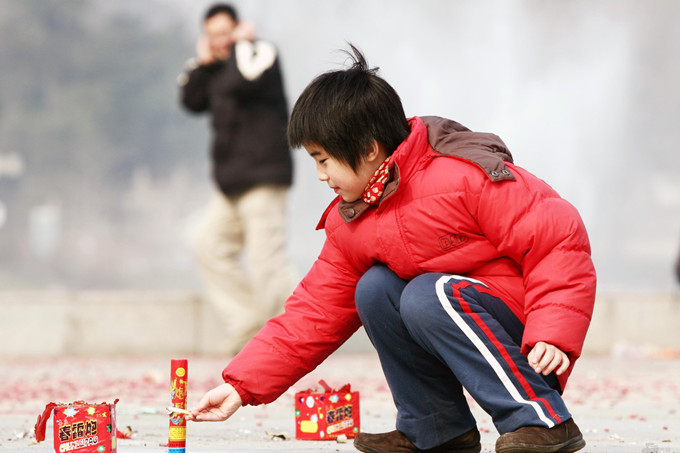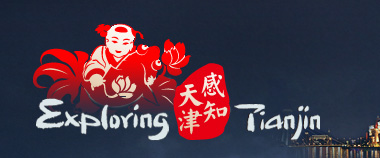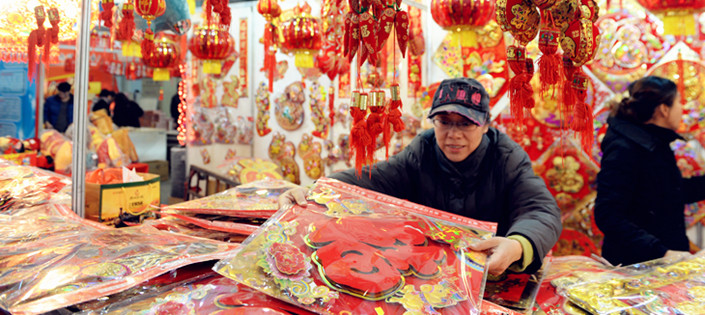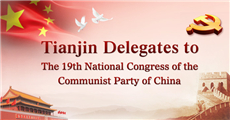To many foreigners, it is known as Chinese New Years but in China, it is called Spring Festival, Ch?n Jié 春節(jié). This is the most important holiday in the year for the Chinese people. For many migrant workers, this is the only time in the year, which they will go back to their homes and celebrate the holiday after being separated from family and sometimes their children. It is important that as a foreigner and guest in this country, you understand some of the customs and show respect, which the locals will appreciate.
Every year it is estimated that over 500 million Chinese will travel during this holiday. Trains, busses and planes will allocate extra vehicles to accommodate this exodus and travel plans are usually made months in advance. For the uninitiated, if you are planning your own holiday within China, be prepared for incredible crowded circumstances and make sure you pack extra patience and tolerance. I usually stay at home and enjoy the reduced traffic and quiet pace, interrupted only by the blare of fireworks at night.
In recent years, the government has decided to eliminate highway tolls during this period in an effort to speed up the driving process and allow the public to drive to destinations. This loss of revenue amounts to several billion yuan but is made up by increased spending in other travelling expenses of fuel and accommodation and gifting. The government has realized that tourism spending is a huge injection into the economy and has expanded other holidays such as Labor Day in May to allow the masses to travel. These expanded holidays usually last 7-8 days as workers will work weekends prior and after the holiday in order to have a long break.
School is recessed just before the Spring Festival and the millions of University and College students will make their way home to enjoy the month long family holiday. How do the students and remaining teachers spend this holiday?
Although it is my first Spring Festival in China, I have noticed several things. Firstly, is that all university students plan a mass exodus to their hometowns. This begins immediately after the many final exams that the students are required to take.
Many of these students don't view this holiday as a "vacation," but more a necessity. They cannot imagine not going home, and view it almost as an obligation.
They must go help their parents prepare for the celebration, by cooking and preparing to meet with their families.
Many do not have a reprieve from their studies and receive several hours worth of homework that they are required to complete before they return to school. Many are given work for each day of the holiday, and thus, it becomes even less of a restful break for them.
When asked, many of my students have replied that they will use the time to sleep or watch movies; they are excited about the time off from school, but almost none of them choose to travel for pleasure during this time. It is almost mandatory for them to be at home with their families.
"[Chun Jie is] less and less interesting these years," said one student.
One of the main concerns of students is the overcrowded transportation methods. These can hardly be avoided and cause much anxiety in those students who aren't used to traveling alone.
Foreign teachers can also be put in a difficult situation, because some schools will not pay them for the extended break that they are not working. This can cause them financial difficulties. Many other foreign teachers use the opportunity to travel around China and the rest of Asia, because they have many weeks off from work.
Still other educational centers are in desperate need of teachers during this time, because many local teachers take this time off to go home to their families.
Chun Jie can be the time for foreign teachers to make extra money, because they have more time to take on private tutoring lessons. There are opportunities for intense one- or two-month tutoring, if the teacher can find them.
If the teacher has private tutoring sessions with local Tianjiners, then he or she will be able to make money on those who are staying in the city.
For foreign teachers who decide to travel, it becomes very difficult to visit cities or places within China, but other Asian countries aren't nearly as difficult to get to. These outside destinations can sometimes be more expensive because of the high demand.
The Spring Festival is an interesting time for students and teachers and is approached in many different ways by those connected to education. Some teachers will travel, some will make extra money, and some will make less money. And to the students, it can simply be more time to study or to catch up on sleep.
This year, Spring Festival falls on January 31, which is New Years day. There are several important days during this holiday. January 30 is New Year eve and it is usually celebrated as a family dinner. However, as the income levels and living standards are higher in China, many families now decide to have the family dinner in a nice restaurant. Reservations are usually made several months in advance. So if you plan to have dinner at your favorite restaurant during this period and do not have a reservation, better plan on a home cooked meal. Although the event is supposed to be the traditional evening for this family dinner, because restaurants are so overbooked, the eve dinner is now spread through the week depending upon availability of restaurants.
Another important custom is the gifting of red packages or red envelopes during the New Year holiday. Red packets, Hóng Bāo 紅包almost always contain money, usually varying from a couple of hundred yuan to several thousand. Per custom, the amount of money in the red packets should be of even numbers, as odd numbers are associated with cash given during funerals. The number 8 is considered lucky (for its homophone for "wealth"), and 800 is commonly found in the red envelopes for close family members. The number six (六, liù) is also very lucky as it sounds like 'smooth' (流, liú), in the sense of having a smooth year. It is common for married persons to give these money gifts to children. It is also common practice for bosses to give red packages to their staff or ayi. Gifts are usually brought when visiting friends or relatives at their homes. Common gifts include fruits (typically oranges, and never pears – which is a homonym for separation), cakes, biscuits, chocolates, candies, or some other small gifts.
No Chinese New Year is complete without fireworks. In previous years, during this holiday, there was over 500 tons of garbage from the burning of fireworks. Although there have been greater controls put in place ever since the disastrous fireworks fire at the new Beijing CCTV tower in 2009. Fireworks cannot be sold unless through licensed dealers and there are restrictions if near larger buildings but even with tighter controls, there is basically unlimited use during the holiday. I have seen individuals spend several thousand yuan for one evening. The custom is derived from the ancient belief that the fireworks will drive away the bad spirits and bring in good fortune for the coming year.
However, there is dangerous negative side of the use of fireworks. Every year, there are serious injuries and even deaths linked to the use of fireworks and poorly made fireworks. Jin magazine hopes that everyone will use fireworks safely and supervise young children around fireworks. Do not allow small children to set off the fireworks on their own and don't stand too near the fireworks.
Every one likes the excitement and the colourful explosion but you can experience this from a safe distance and best if you are able to be indoors and view from a large window. Some of the fireworks are very powerful and may misfire and instead of going straight up, may shoot off to the side. In the event that there is a fireworks accident, try to keep the wound clean and call a local hospital and go immediately to their emergency ward.
Although, fireworks are an important part of the Spring Festival celebration, everyone's health and safety is the major priority. Tianjin and other cities in China have been experiencing serious high levels of pollution in the past year and I would not be surprised if there may be a public announcement to curtail the use of fireworks if the pollution index is high during these holidays.
But even if there is no public announcement and if pollution levels are relatively low, wouldn't it make sense for citizens to reduce the use of fireworks? I think for reasons of possible injury from fireworks and the added pollution it causes, we should think twice about it. Besides the money we save, we could buy more Yuan Xiao 元宵dumplings and give more red envelops, Hóng Bāo 紅包which the kids would appreciate.
 |
|
For reasons of possible injury from fireworks and the added pollution it causes, we should think twice about it. Photos by JIN Magazine |

 Cultural Industry
Cultural Industry





